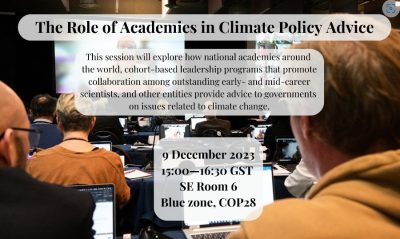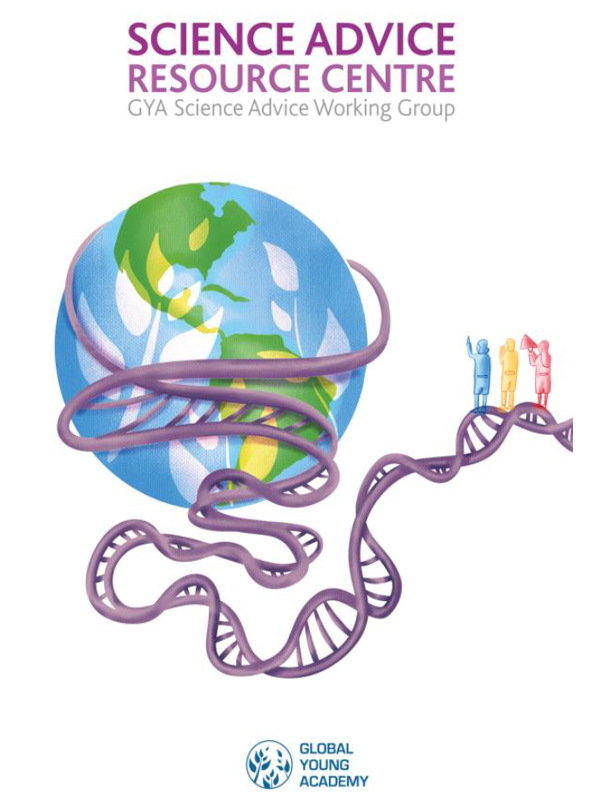
The GYA Science Advice Resource Centre is a platform that provides basic information on Science Advice. This platform is intended to be an initial entry point for Early-Career Researchers into Scientific Advice matter. The content is managed by the GYA Science Advice Working Group and it involves
(1) peer-reviewed articles on the topic selected by the GYA members as a result of a writing contest;
(2) recordings of relevant webinars, workshops, and interviews;
(3) links to the related external resources. We expect that this serves as one of the first entry points of ECRs to essential science advice.
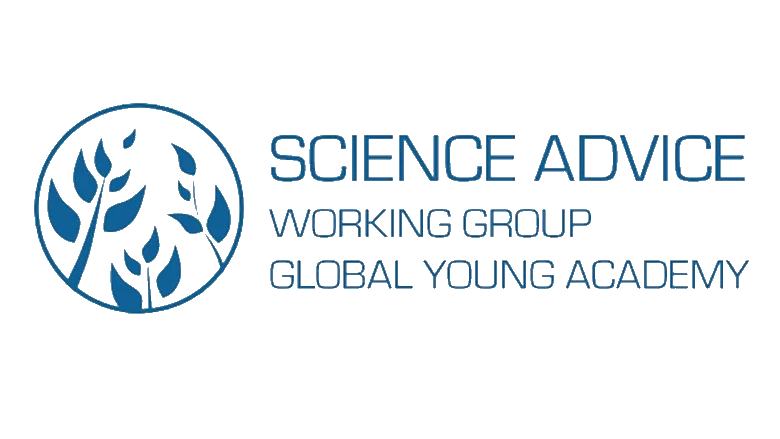
To develop this platform, the GYA Science Advice Working Group organised a writing contest amongst the GYA members between April and May 2021. The main objective was to integrate the essential literature in the field for the platform. Each registered
participant received a selected peer-reviewed article with the instruction to draft a 500-word summary, including storytelling elements. The inventory of resources already established by the International Network for Governmental Science Advice (INGSA Resources) served as the base for the article selection. The selection included authors from diverse geographical origins and from different scientific topics.
The Science Advice Resource Center comprises three categories of resources: Government Scientific Advice (one winner plus eight runners-up), Science Policy-Making (two winners plus eight runners-up), and Science Diplomacy & Science Communication (one winner and six runners-up). Within each category, the resources are organised by alphabetical order of the author’s names.
To read the resources, please access the PDFs by clicking on the categories to expand them below.
The Science Advice Working Group has organized or participated in a number of webinars,
workshops, and interviews on science advice that can be accessed through the links below.
GYA at the UN Science Summit 77

By loading the video, you agree to YouTube's privacy policy.
Learn more
Science Advice Working Group Pitch

By loading the video, you agree to YouTube's privacy policy.
Learn more
Interview with Science Advice Co-Lead

By loading the video, you agree to YouTube's privacy policy.
Learn more
IAP side-event at COP28: The Role of Academies in Climate Policy Advice
Find more information along with a link to the session’s recording when following the link (image) below:
Explore the Science Advice Resource Center
Government Scientific Advice (click to expand)
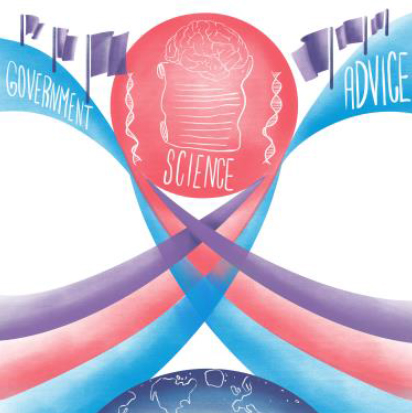
Science should have a privileged position informing governments and decision-makers for policy development. In order to achieve a real impact, ECRs should have a basic understanding of the topic. This resources category groups nine articles dealing with scientific advice to national, regional and international decision-makers.
Anyone Advising Advisors? Scientists at the policy interface
Sustainability Done Good
Science Leads – A Tale of Humanity
Paving a path from pessimism to confident decision-making
Academic culture must evolve to remain societal-relevant
Progress of science and technology for disaster reduction in Asia
How does spatial and temporal aspects influence science advice?
Building the Foundations for Scientific Advice in the International Context
Lessons on science advisory systems: a perspective from Canada
Science Policy-making (click to expand)
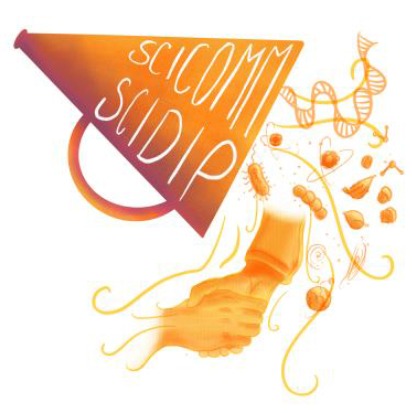
As experts in their respective fields, ECRs have a duty and an opportunity to help to inform science policy. This resources category groups ten articles dealing with the integration of science into policy and society.
How to navigate the ‘how to’ literature on influencing policy
The one-size fits all model in much of this how-to literature privileges scientists with time, access, resources and confidence.
Researchers wishing to make policy impact may spend their time more wisely by reading less how-to articles, and instead clarifying, alongside with their universities, their purpose, goals and available/required resources.
The Science of statistics as a means of shaping the world through science
Closing the gap between evidence construction and policy impact
New funding approaches towards Challenge-driven research
Policy learning, a proactive approach: Clash of the clans rebooted?
Reviewed by Henna Draycott (External) from “The construction of new scientific norms for solving Grand Challenges” by Kate Maxwell and Paul Benneworth
Science-policy-practice for climate research and action in cities
We Need an Einstein in Every Ally McBeal
Synthesizing evidence for science advice using four principles
Dissecting Research Proposal under a Microscope Lens
Team work is Dream work – researchers & policy makers working together!
Science Diplomacy and Science Communication (click to expand)
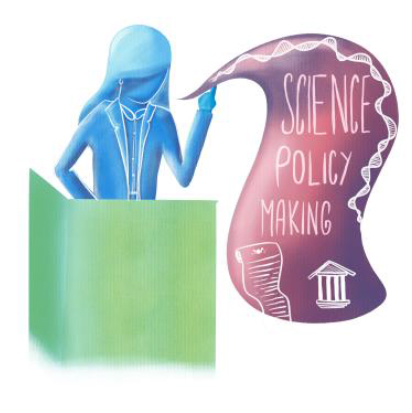
Scientific inputs to national and international decision-makers and policymakers are crucial, as well as communicating science to the broader society. This resource category groups seven articles dealing with the interlinkage of scientific advice with science diplomacy or science communication.
Red riding hood and the Big Bad Wolf: Advice for effective science communication
There are three things to consider to establish an effective communication channel between scientists and policymaking: selective information to be shared, appropriate timing to act, engagement with real policy making is expected.
The message is scientists should put themselves in the policymakers’ shoes and instead of sitting back and waiting for policymakers to change, they should also think how to adapt their strategy to approach them.
Practical tips by ‘knowledge brokers’ for academic-policy communication
The International Network for Government Science Advice: we want you!
here
Biases in Science Diplomacy: Read the disclaimer first
People don’t respond always to facts, here’s how to tell compelling stories (based on the literature)
No cold war can stop this
Gray literature: storytelling to influence evidence-based policy
Credit: Felipe Serrano, biologist and scientific illustrator, kindly created and provided the illustrations used on this page. Find out more about him and his work on his website and Instragram account: illustrative-science.com | Instagram: biologo_ilustrador
